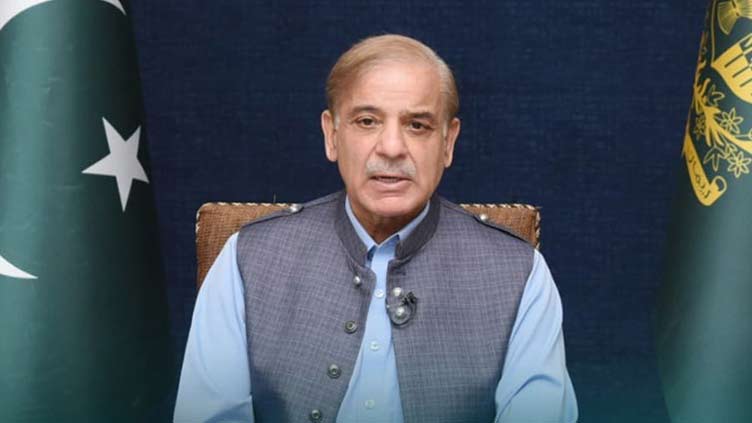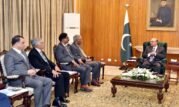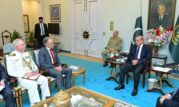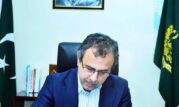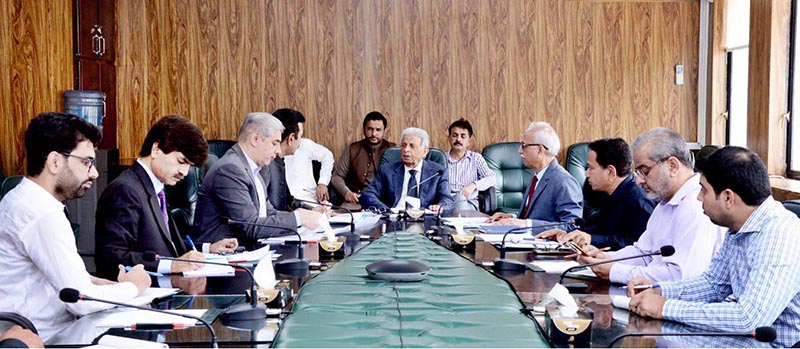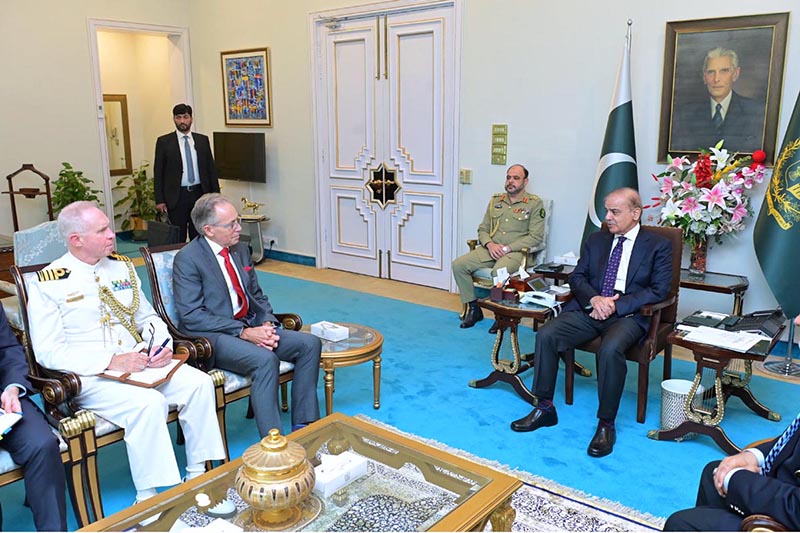Today’s Latest

APP’s Top News Today
Tue, 23 Apr 2024, 11:24 AM
Tue, 23 Apr 2024, 10:09 PM
Tue, 23 Apr 2024, 6:14 PM
Tue, 23 Apr 2024, 10:12 PM
Tue, 23 Apr 2024, 10:07 PM
Tue, 16 Apr 2024, 3:33 PM
Thu, 11 Apr 2024, 11:53 AM
Mon, 1 Apr 2024, 2:37 PM
Tue, 23 Apr 2024, 9:45 PM
Tue, 23 Apr 2024, 9:44 PM
Tue, 23 Apr 2024, 9:44 PM
Tue, 23 Apr 2024, 10:04 PM
Sat, 20 Apr 2024, 4:56 PM
Sat, 20 Apr 2024, 12:28 PM
Sat, 20 Apr 2024, 10:31 PM
Useful Links
Federal Minister for Industries Production and Food Security, Rana Tanveer Hussain being briefed by Commissioner Livestock Stock regarding Livestock Department.
APP71-230424ISLAMABAD: April 23 -
High Commissioner of Australia to Pakistan, Neil Hawkins calls on Prime Minister Muhammad Shehbaz Sharif.
APP73-230424 ISLAMABAD: April 23 –
Coordinator to the Prime Minister on National Health Services, Regulations and Coordination, Dr. Malik Mukhtar Ahmad Bharath is participating in an inaugurating session of three days workshop regarding implementation on NAP on Population.
APP67-230424ISLAMABAD: April 23 -

